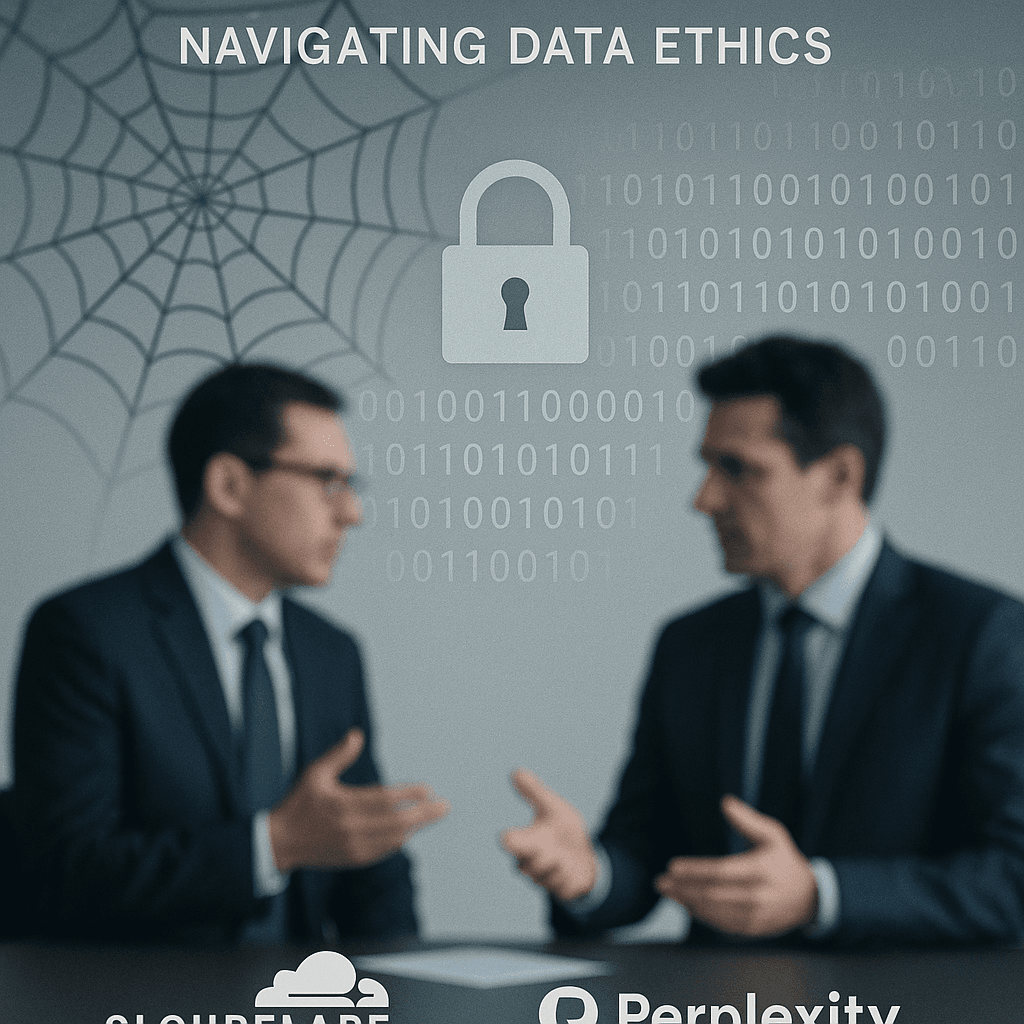TL;DR
- - Adopt in-game competitions for AI benchmarking
- - Real-time testing surpasses static benchmarks
- - More comprehensive evaluations of AI capabilities
- - Rising AI models' strategic competencies enhance simple automation
AI benchmarking is evolving with the emergence of Kaggle Game Arena, where AI models are evaluated in strategic games. This shift from static testing to dynamic competitive environments matters now because it moves beyond rote memorization to truly assessing AI's strategic depth. Such benchmarks help tech leaders understand AI's capabilities and future potential.
Opening Analysis
With traditional AI benchmarks failing to keep pace with rapid advancements, Google DeepMind's launch of the Kaggle Game Arena signifies a crucial shift. It transitions the evaluation process from static questions to strategic games, offering a more dynamic, verifiable measure of AI capabilities. While previous benchmarks could be bypassed by models memorizing data, the Game Arena pivots to a setting where AI models must actively strategize to outmaneuver opponents in real-time. This development addresses a long-standing gap in testing general intelligence and variability in AI performance.
Market Dynamics
The competitive landscape is dramatically reshaping with AI models pitted against each other in multifaceted games. Traditional benchmarking environments struggle to keep up with the pace at which models evolve, leading to a narrowing of competitive edges as all models become increasingly efficient at static benchmarks. The Game Arena, however, injects an evolving complexity that challenges these models to demonstrate capabilities beyond prior limitations, enticing tech giants and emerging startups to leverage game-based AI assessment to chart innovation trajectories.
Technical Innovation
Technically, games offer a measurable, dynamic environment that necessitates strategic reasoning, planning, and adaptation. AI models are now prompted to address complex scenarios requiring real-time decision analytics against intelligent opponents. This push could lead to advancements in general AI adaptability, pushing existing boundaries and inviting a new era of AI competence. For instance, models previously unable to engage effectively in games such as chess are now targeting comprehension and predictive skills akin to human-level expertise.
Financial Analysis
By fostering an arena where AI strategy and adaptability can be tested in a public forum, resources become more efficiently allocated. Investments into emerging AI technologies are better guided by observing direct, quantifiable performance metrics, reducing speculative risks. A public benchmark encourages transparency and broad participation, democratizing AI development and diminishing entry barriers for new players aiming to showcase talents.
